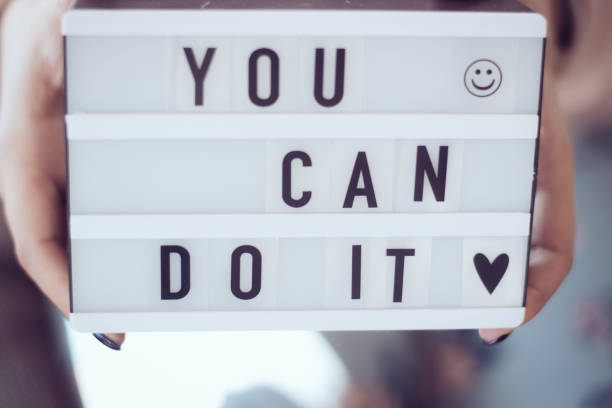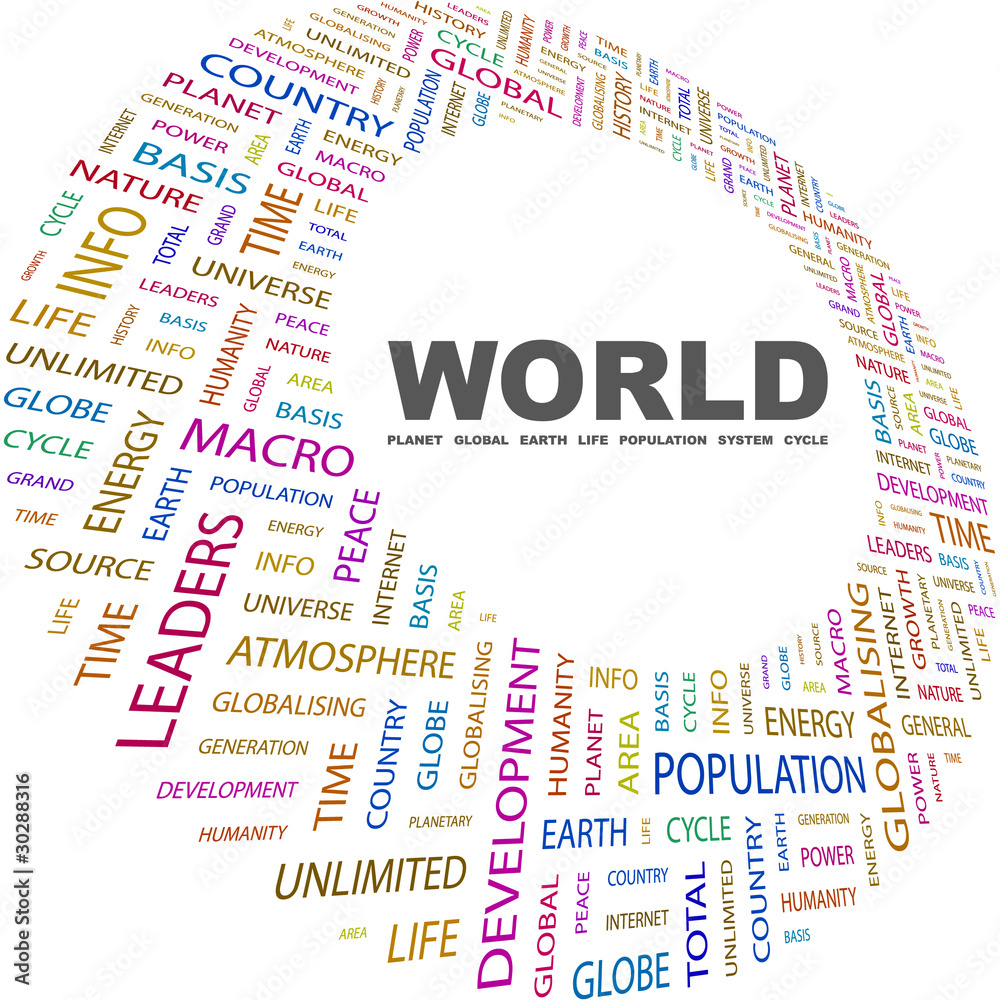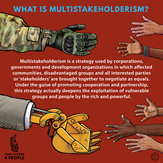THE JEWS BLAMED FOR MANY MAJOR CRISIS EVENTS ‘ THE PROTOCOLS OF THE ELDERS OF ZION’
In 2025 the lies being told about Zion. There are two opposing sets of narratives that promote conspiracy theories (antisemitism(. That challenge the foundational claims of the State Of Israel. The most enduring lies originate from the Protocols of the Elders of Zion. A 1903 Forgery that continues to be circulated worldwide by extremists groups
The fictitious ‘Global Secret Government is a clandestine body of Learned Elders of Zion’. That meet to manipulate World Politics * Media * Financial markets Modern adaptations falsely claim that “Zionists” or Jews planned World Wars I and II, orchestrated the September 11 attacks, and even created theCOVID-19 pandemic to gain global power
International Analysts note that HAMAS continues to use themes from the Protocols in 2025 to frame their action as ‘resistance’ against a mythical fictitious Global Jewish Dominator of the World.
Zion is the Jewish people’s desire for self determination in their ancestral homeland, the Land of Israel — the word “Zion” refers to one of two hills where King David established the ancient city of Jerusalem. After the founding of the modern state of Israel in 1948, Zionism became the national movement of the Israeli people, and a movement to support Israel. Zionism is a core component of Jewish identity for the majority of Jews around the world.
That the Holocaust is a Zionist Plot. This being an antisemitic lie suggesting that the Holocaust was either fabricated or deliberately coordinated by Jewish leader to force the creation of the State Of Israel * The nefarious Religious Plots- the lies claiming that Jews intend to destroy all other world religions.
Zionism is not a white supremacist movement, nor inherently anti-Arab or anti-Palestinian. The Declaration of Israels Independence (1948) calls for peace and cooperation among its neighbors: “We offer peace and unity to all the neighboring states and their peoples, and invite them to cooperate with the independent Jewish nation for the common good of all
The Ancient Jerusalem Location: Initially, Zion was the name of a fortified hill in Jerusalem that King David captured and made his capital, known as the “City of David”. When Solomon built the First Temple on an adjacent hill (Mount Moriah), the term expanded to include the Temple area. Today, the hill currently called Mount Zion is located just outside the walls of the Old City.
A Symbol of Jerusalem and the Land of Israel: In the Bible, the meaning of Zion broadened to refer to the entire city of Jerusalem, the land of Judah, and the entire nation of Israel. The phrase “Daughter of Zion” is often used to personify the city or its people.. Figuratively, Zion represents the “City of God,” a sacred place of refuge, worship, and God’s dwelling.
In the New Testament, it is referred to as “Mount Zion,” the heavenly Jerusalem. For millennia, Zion has symbolized the Jewish people’s yearning for their homeland, particularly during times of exile. This longing is a central theme in Jewish prayers, rituals, and literature. Zion is a central pillar of Jewish identity, representing a historical yearning for a homeland that has been part of Jewish prayer and life for millennia.
WakeUpNZ
RESEARCHER: Cassie
...






